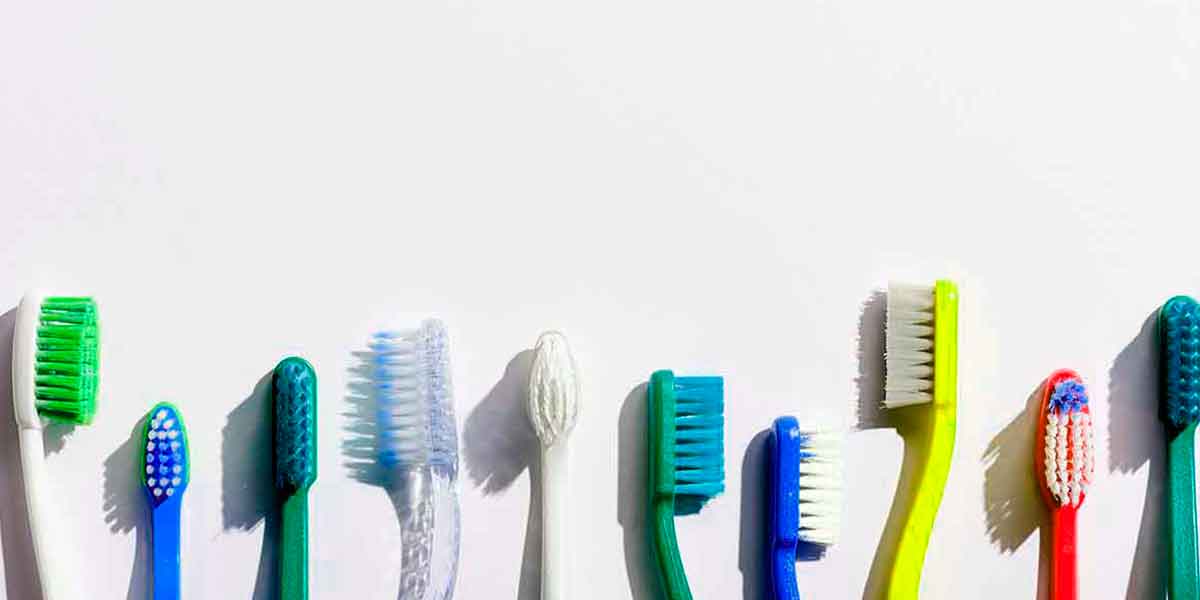Maintaining optimal oral health is crucial for overall well-being, and selecting the appropriate toothbrush plays a significant role in this endeavor. One key aspect to consider when choosing a toothbrush is the type of bristles it has. Understanding the various types of toothbrush bristles can aid in making an educated decision to promote healthy teeth and gums.
Why the Type of Toothbrush Bristles Matters
Different types of toothbrush bristles cater to specific dental requirements. Selecting the right bristle type can efficiently eliminate plaque and prevent gum disease without causing harm to dental structures. Let’s delve into the primary categories of toothbrush bristles available today.
Soft Bristles
Soft bristles are the most frequently recommended type by dental professionals. They are gentle on the gums and enamel, making them suitable for the majority of individuals, especially those with sensitive teeth or gums. These bristles effectively remove plaque and food particles without causing any irritation or damage.
Advantages of Soft Bristles:
- Gentle on gums and enamel
- Effective plaque removal
- Suitable for sensitive teeth
Medium Bristles
Medium bristles are slightly firmer than soft bristles and offer a more thorough cleaning experience. They are appropriate for individuals without sensitive gums who are seeking a deeper cleanse. However, using medium bristles too aggressively can lead to irritation.
Advantages of Medium Bristles:
- Enhanced cleaning capabilities
- Effective for stubborn plaque removal
Hard Bristles
Hard bristles are the firmest type and are intended for individuals who desire an intense cleaning sensation. While they can effectively eliminate plaque and stains, they also pose a risk of gum and enamel damage if not used cautiously. Dentists generally do not recommend hard bristles for daily use due to the potential for harm.
Advantages of Hard Bristles:
- Effective at removing tough plaque and stains
Disadvantages of Hard Bristles:
- May cause gum irritation and enamel wear
- Not suitable for daily use
Specialty Toothbrush Bristles
Apart from the standard soft, medium, and hard bristles, specialty bristles tailored to specific dental needs are also accessible. These bristles often combine different materials or shapes to deliver targeted benefits.
Ultra-Soft Bristles
Ultra-soft bristles are even gentler than standard soft bristles, making them ideal for individuals with extremely sensitive gums or those recovering from dental procedures. They ensure a comfortable cleaning experience while effectively eliminating plaque.
Advantages of Ultra-Soft Bristles:
- Very gentle on gums
- Perfect for post-surgery dental care
Charcoal-Infused Bristles
Charcoal-infused bristles are designed to offer additional whitening benefits by removing surface stains. They may also possess antibacterial properties, contributing to overall oral hygiene.
Advantages of Charcoal-Infused Bristles:
- Aids in removing surface stains
- Potential antibacterial benefits
Silicone Bristles
Silicone bristles represent a newer addition to the toothbrush market. They are soft, flexible, and gentle on the gums while delivering effective cleaning. Silicone bristles are more durable than traditional nylon bristles and are easier to maintain.
Advantages of Silicone Bristles:
- Gentle and flexible
- Durable and easy to clean
Choosing the Ideal Toothbrush Bristle for Your Needs
When picking a toothbrush, consider your specific dental requirements and preferences. Here are some recommendations to guide you in selecting the suitable bristle type:
- If you have sensitive gums or teeth, opt for soft or ultra-soft bristles.
- Medium bristles may be appropriate for a deeper clean without gum sensitivity.
- Avoid hard bristles unless advised by a dentist.
- Explore specialty bristles like charcoal-infused or silicone for added benefits.
understanding the different toothbrush bristle types is crucial for a successful dental hygiene routine. Whether you opt for soft bristles for sensitive gums or medium bristles for a thorough clean, choosing the right toothbrush bristle type is vital for maintaining optimal oral health. Consult with your dentist to determine the best option for your needs and ensure you utilize the most effective tools for oral care.




